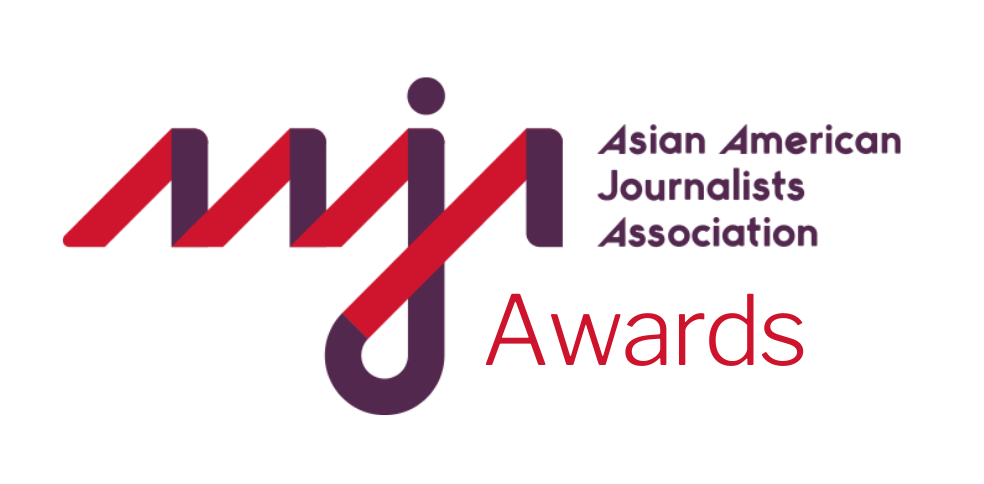Excellence in Business / Consumer / Tech Reporting
ABOUT THE WORK: The way states choose to tax—and collect—is an underappreciated part of American economic inequality. The “Unequal Burden” series shows the consequences.
The author writes: “Because there’s so little reporting on the connection between state taxation and inequality, our stories broke substantial new ground, especially our debt collection investigation.
“Additionally, simply finding out what states’ collections policies are, including the help available in hardship cases, is challenging. Some states wouldn’t tell us. Many gave us incomplete answers. Attorneys say this is a problem across much of the country. The information we were able to extract with months of sustained digging is a public service to taxpayers, the people helping them and policymakers, offering a roadmap for navigating collections and rethinking how it occurs.
“We’ve already heard from several state revenue agencies that the information we gathered gives them a better understanding of how collections play out nationwide. Agency staff in Rhode Island, which will yank driver’s and professional licenses for tax debt, told us they were passing our story around to prepare ‘as we head into our next legislative session in January.’ And Maryland, a state we identified as particularly opaque, said it was going to “completely” rebuild its website to better share information.
“We increased the reach of these stories beyond our audience with a co-publication strategy. Our debt collection investigation also ran in USA TODAY and its network, a platform that has more than 200 newspapers across 43 states. Our other stories were co-published by Mother Jones.
“We think there’s substantial slow-burn potential for policy change. As we reported, many of the ways to make state tax debt collection less brutal for low-income people in hardship are straightforward because there’s already a model for it: the IRS.
“If states don’t care about the impact they’re having on vulnerable people, they might still be motivated to make changes out of self-interest: Some of their collections practices, we showed, restrict people’s ability to make money and pay up.”
Maya Srikrishnan is an award-winning California-based investigative journalist. She has reported for The Center for Public Integrity, Voice of San Diego and the Los Angeles Times, and co-directed the Asian American Journalists Association's Voices program for student journalists.
Judges’ comments: "The series sheds light on an issue that everyone faces, taxation, and yet gives insight into a lesser-known consequence of failing to pay taxes. Many people do not know of the economic impact of losing your license for failure to pay, and how it furthers inequality already present in society. The reporting and storytelling of the three pieces showed strong sourcing and a commitment to let a wider community understand more about this issue.”
New or renewing members will be acknowledged at Gala and may not be reflected here.

